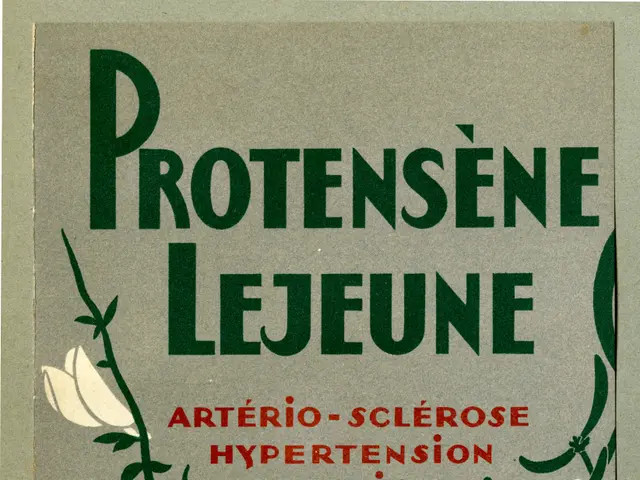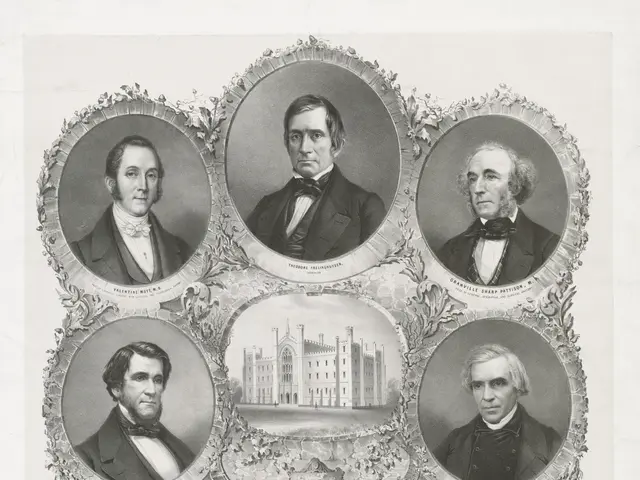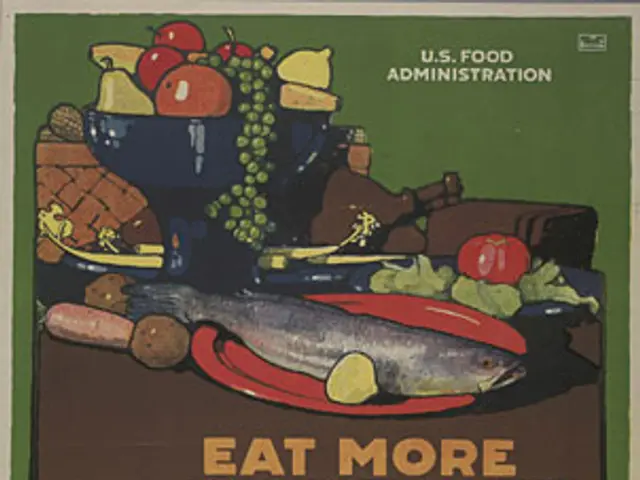Sharing Boozy Fruits: Wild Chimps Imitate Human Parties!
Monkeys Consume Fruits Infused with Alcohol
In the heart of West African Guinea-Bissau's Cantanhez National Park, researchers have uncovered an intriguing likeness between humans and our close cousins, the chimpanzees. For the first time, they've witnessed these wild apes gathering to chug down fermented fruits, a behavior reminiscent of human social drinking traditions.
The apes in question were keen on the Okwaba tree's gourd-like fruits, also known as African breadfruit. These ripe, hefty fruits (up to 30 kg) fall to the ground and were found to have alcohol contents of up to 0.61% by a team led by Anna Bowland from the University of Exeter.
The team captured a total of 70 instances of the chimps scarfing down the fruits, with 9 out of 10 cases involving shared, alcoholic fruits. Male and female chimps from various age groups were part of the boozy bashes, with the team concluding, "Our data provides the first evidence of alcohol-containing food sharing by great apes" (in the journal "Current Biology").
But why, pray tell?
The reasons behind this behavior remain unclear. While alcohol may fuel human bonding via dopamine and endorphin release, it's yet to be seen if similar effects occur for chimps, especially at low concentrations like theirs.
This revelation supports the idea that humans' alcohol consumption has deep roots in our evolutionary history. As for whether chimps get a buzz, that's still uncertain.
Remember that study from Guinea a decade ago?
Past research suggested that wild chimps there can stomach some serious amounts of alcohol, sometimes quaffing up to three liters of fermented palm sap (with an alcohol content of up to 6.9%) using leaves as DIY spoons. Post-bender, the chimps displayed signs of intoxication or even fell asleep (as reported in "Royal Society Open Science").
With both sexes and all age groups involved and evidence of captive chimps boozing up too, it appears that chimp alcohol consumption has a rich precedent.
Sources: ntv.de, jaz/dpa
Behind the Scenes:
- Chimps might engage in communal fruit consumption as a way to strengthen group bonds, similar to human social drinking traditions.
- Chimps appear to selectively share fermented, ethanol-rich fruits, indicating a behavior tied to endorsing social cohesion.
- While the full impact on social bonds is still under investigation, researchers hypothesize that food sharing could help reduce social tension, and fortify alliances, mimicking human feasting practices.
- Intriguingly, the behavior of wild chimpanzees in Guinea-Bissau's Cantanhez National Park mirrors human social drinking traditions, as they have been observed consuming fermented African breadfruit gourds.
- The scientists, led by Anna Bowland from the University of Exeter, found that these chimps shared alcoholic fruits in 9 out of 10 instances, with males, females, and various age groups participating.
- Past studies indicate that wild chimpanzees in Guinea can consume large quantities of alcohol, such as three liters of fermented palm sap, leading to signs of intoxication or even sleep.
- The reasons behind the chimps' consumption of alcoholic fruits remain unknown, but it is suggested that this behavior may help strengthen group bonds, similar to how human social drinking traditions do.







